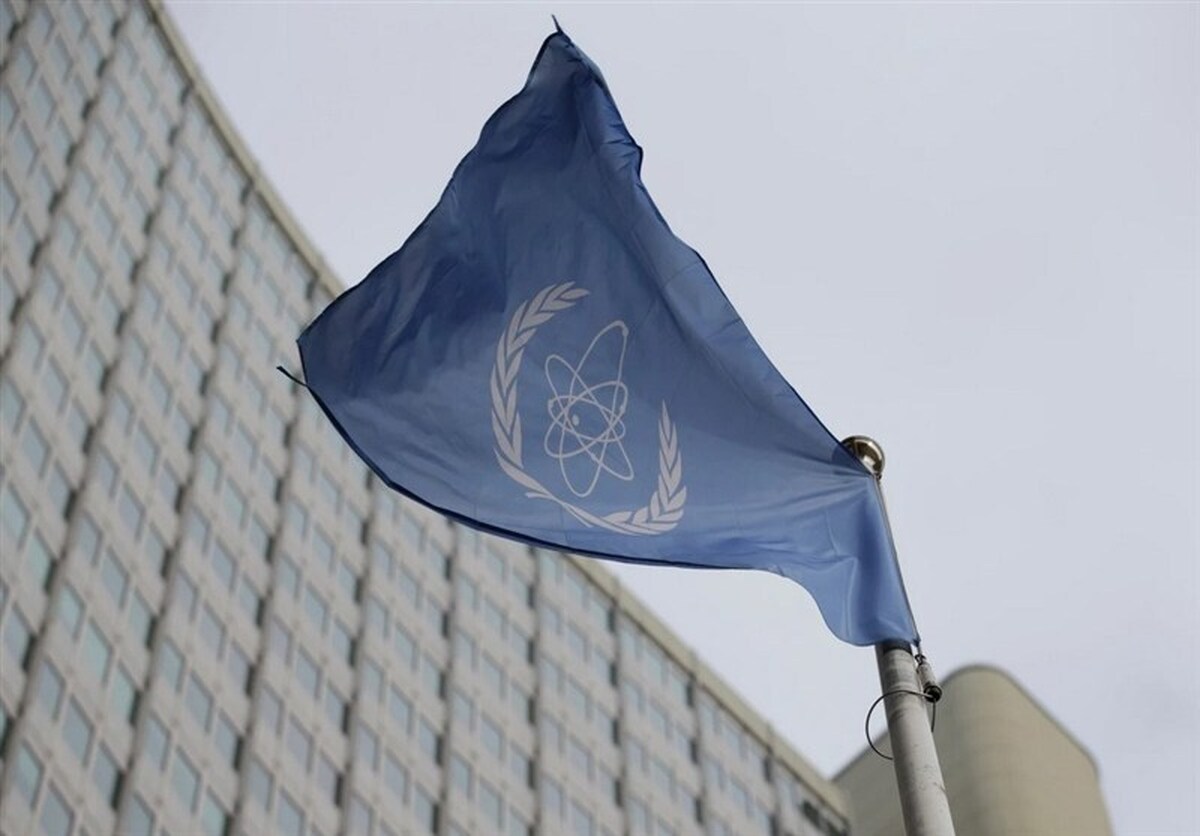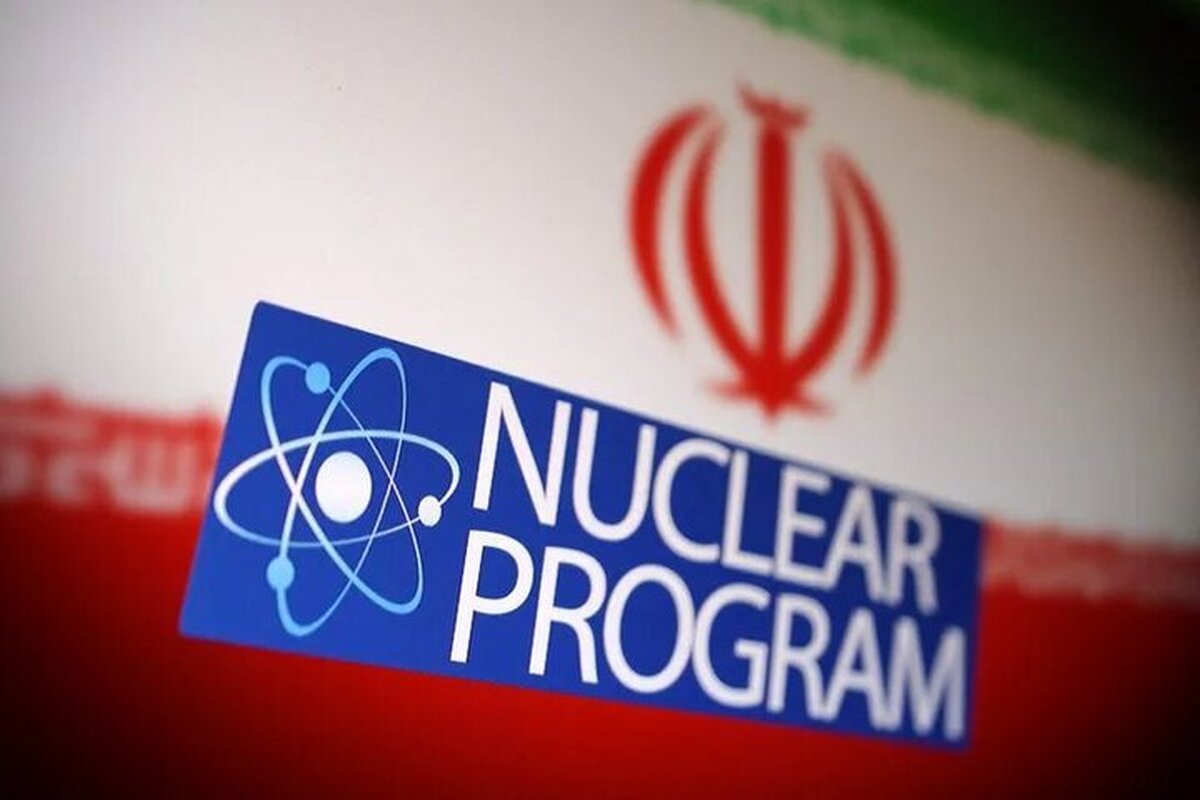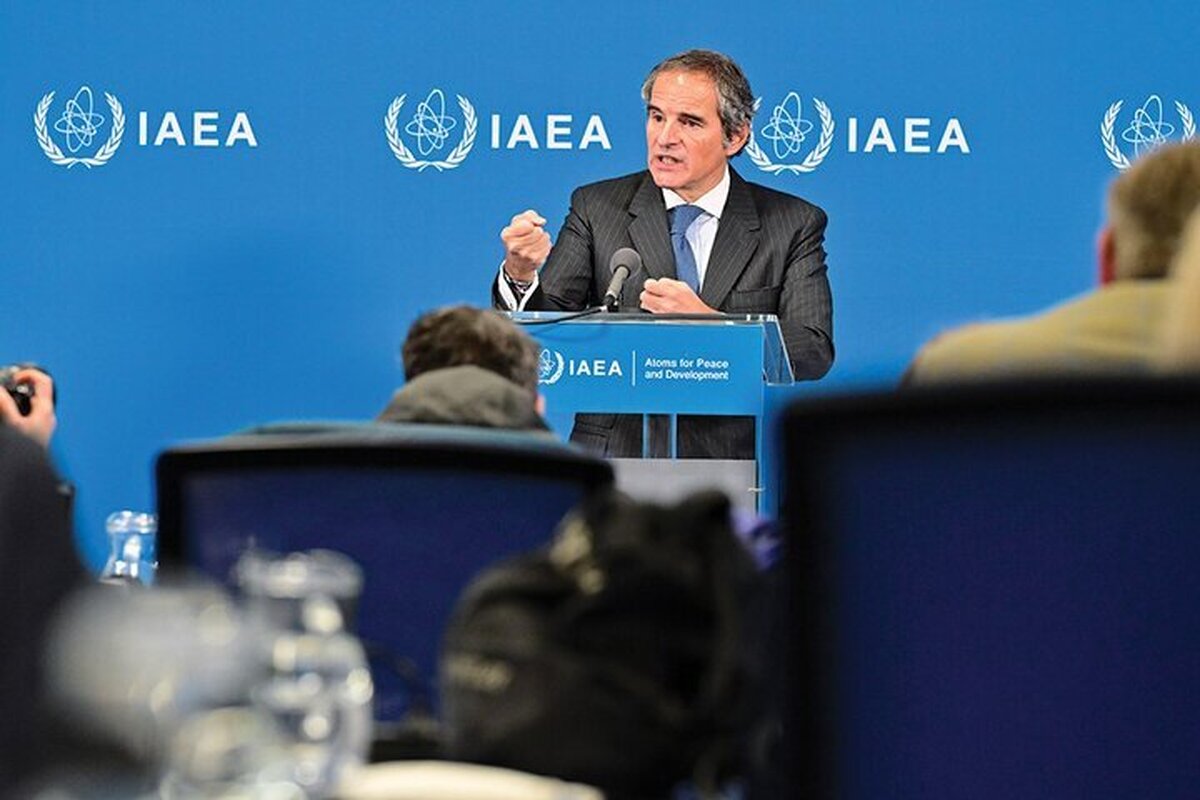
Iran Holds Fruitful Discussions With IAEA Chief
EghtesadOnline: Director General of the International Atomic Energy Agency Rafael Grossi met with Iranian authorities in Tehran on Sunday and held discussions described by Iran’s envoy as “fruitful and based on mutual respect”.
Kazem Gharibabadi, Iran’s permanent representative to Vienna-based Organizations, also said in a tweet that the result of the talks would be released on Sunday evening.
Grossi arrived in Tehran on Saturday night to discuss how to work with Iran in light of its plan to halt the voluntary implementation of the Additional Protocol of the nuclear Non-Proliferation Treaty as of Feb. 23.
The IAEA chief held negotiations with Ali Akbar Salehi, the head of e Atomic Energy Organization of Iran, described by Iranian officials as “technical discussions on how to continue cooperation in the light of new arrangements and development”.
He later met Iranian Foreign Minister Mohammad Javad Zarif where they discussed cooperation between Iran and the agency within the Comprehensive Safeguards Agreement to find an agreeable solution to current issues.
Iran’s new plan is in accordance with a new parliamentary law that requires the government to further suspend its commitments under the 2015 nuclear deal, known as the Joint Comprehensive Plan of Action.
It adds to Tehran’s previous countermeasures against the United States’ unilateral exit and reimposition of sweeping sanctions.
While Grossi’s discussions were underway, Iranian lawmakers insisted that the law must come into force according to the deadline.
In a statement on Sunday, 226 Iranian lawmakers insisted that the legislation, dubbed “Strategic Action Plan to Counter Sanctions and Protect Iranian Nation's Interests”, should be carried out as of Feb. 23.
The parliamentarians also underlined that a possible US return to JCPOA would take place only after the full, practical and verifiable termination of the banking and oil sanctions against the Iranian nation.
US President Joe Biden has showed interest in rejoining the deal, but stresses that Iran first resume compliance. Iran insists that the US must take the first step, as it was the one to quit the deal and reimpose sanctions.
No Impact
Under JCPOA, IAEA inspectors are supposed to have limited access to non-nuclear Iranian facilities to monitor nuclear activity.
But under the law passed in December, Iran is set to stop allowing the intrusive inspections in late February unless there is an easing of US sanctions.
Iran’s foreign minister said in an interview on Sunday that Grossi had requested to come to Iran “so that we could have a smooth transition”.
He said that as of the deadline, the authorities would be required by law not to provide the tapes of surveillance cameras to IAEA.
“The IAEA certainly will not get footage from those cameras,” Zarif said.
Deputy Foreign Minister Abbas Araqchi had also said on Saturday that the visit will not impact Iran’s decision to stop implementing the Additional Protocol.
“Grossi’s trip to Tehran has nothing to do with Iran’s decision,” Araqchi said, adding that the visit is aimed at creating a “new order” in Iran-IAEA relations.
He stressed, however, that the new plan does not tantamount to withdrawal from JCPOA.
He also stressed that Iran’s actions are reversible, adding that Tehran would resume implementing the Additional Protocol and meeting other JCPOA commitments as soon as its demands are met, which is the effective lifting of sanctions.
President Hassan Rouhani had also earlier dismissed rumors that Iran is set to expel IAEA inspectors, stressing that cooperation with the agency will continue under the Comprehensive Safeguards Agreement required by the NPT.
“We will withdraw from the Additional Protocol that we had accepted voluntarily and what will be carried out between us and the agency will be based on the Safeguards Agreement,” he said in a Cabinet meeting on Wednesday.




